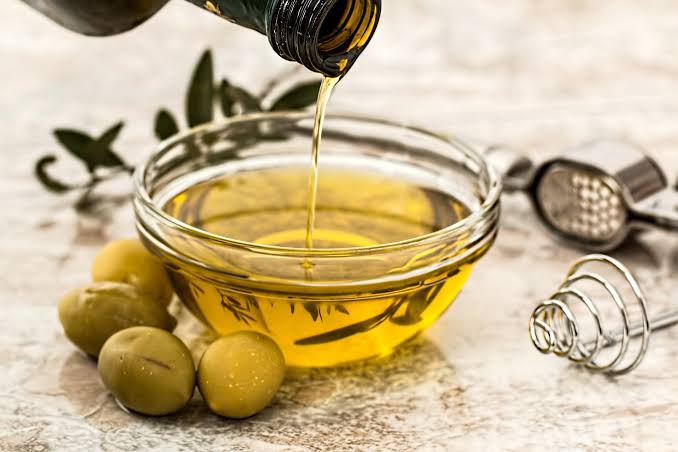Could the oils you cook with increase your risk of cancer? Learn about the potential links and what you can do to make healthier choices.
Introduction
Cooking oils are a staple in nearly every kitchen, used for everything from frying to baking. But recent studies suggest that some of these oils might pose a serious health risk. This article explores the potential link between cooking oils and cancer, offering insights on how to make healthier choices.
The Problem with Cooking Oils
Several types of cooking oils, including those commonly used for frying, have been linked to an increased risk of cancer. This is primarily due to their high levels of unhealthy fats and the potential formation of harmful compounds when heated.
Types of Cooking Oils and Their Risks
1. Vegetable Oils
Vegetable oils, such as soybean, corn, and sunflower oil, are rich in polyunsaturated fats. When these oils are heated to high temperatures, they can release harmful substances known as aldehydes, which have been linked to cancer.
2. Olive Oil
Olive oil is often touted as a healthy option. However, even olive oil can produce potentially harmful compounds when exposed to high heat. Using it for low-heat cooking or as a dressing is generally safer.
3. Palm Oil
Palm oil is high in saturated fat, which has been associated with various health problems, including cancer. It’s best to limit your intake of foods containing palm oil.
How Cooking Oils May Cause Cancer
Aldehydes and Other Harmful Compounds
When oils are heated, they can produce aldehydes, which are toxic and have been linked to cancer. The higher the temperature and the longer the oil is heated, the more aldehydes are produced.
Trans Fats
Some cooking oils contain trans fats, especially partially hydrogenated oils. Trans fats are known to increase the risk of cancer and other chronic diseases.
Making Healthier Choices
Choose Healthier Oils
Opt for oils that are stable at high temperatures, such as avocado oil and coconut oil. These oils are less likely to produce harmful compounds when heated.
Avoid Reusing Oils
Reusing cooking oils can increase the formation of harmful compounds. Always use fresh oil for frying and other high-heat cooking methods.
Monitor Cooking Temperatures
Keeping cooking temperatures below the smoking point of oils can help minimize the production of harmful compounds.
Conclusion
While cooking oils are an essential part of many meals, it’s important to be aware of their potential risks. By choosing healthier oils and cooking methods, you can reduce your risk of cancer and improve your overall health.

